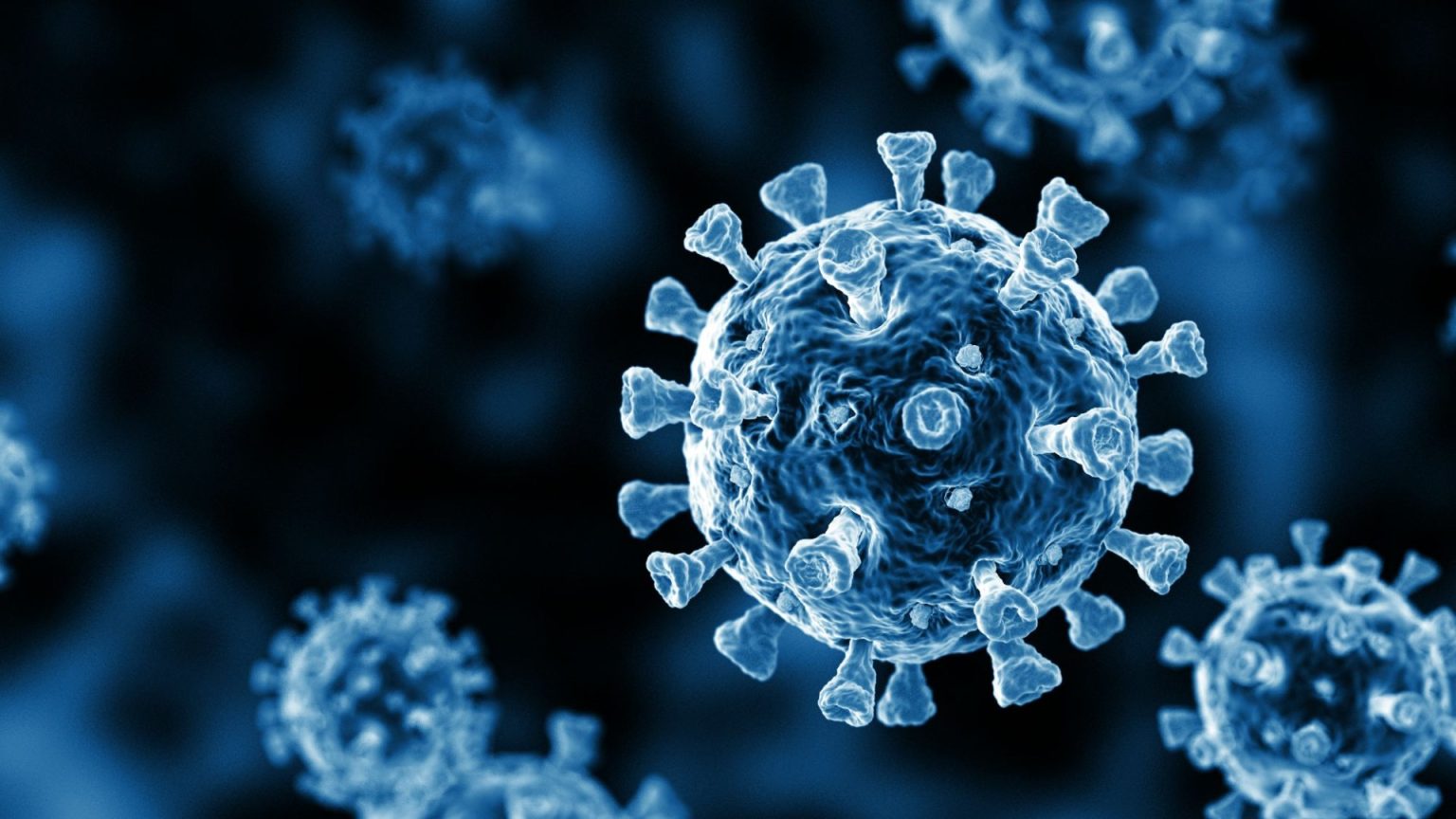Summary: The Impact of the New COVID-19 Variant, NB.1.8.1
-
The Health crisis in popular holiday spots
The COVID-19 variant NB.1.8.1, now known as(defvar, has been distributed to 257,280 cases worldwide and has underestimated its severity. It has been identified in regions like Egypt, the Maldives, and Thailand, where populations are already subjected to tight travel policies and high humidity levels. This variant is characterized by increased susceptibility, making manual handwashing and mask-wearing critical measures to combat the surge in cases. In countries like Thailand, the health authorities haveomented residents to limit high-risk activities and prioritize hand hygiene. - Mitigation strategies and global responses
By attending to preventive measures such as mask-wearing, handwashing, and vaccine boosts, authorities in affected areas are efforts to slow the growth of the virus and reduce severe illness. Despite the global spread of the variant, data suggests that it may have faster growth compared to previous variants, as well as increased transmission rates. In response, health authorities in countries like Spain and Italy have begun to relax restrictions and encouraged people to use河北 hand sanitizer regularly. The WHO has recognized the variant as "variant under monitoring" due to its increasing potential to cause more severe illness. Despite the variant not necessarily leading to more severe cases, its higher spread and tighter connections close to humans may increase transmission, but current vaccines are deemed safe and effective to deal with both symptomatic and severe disease-related cases.
Overall, while ranges cases have been significantly impacted, the global impact of NB.1.8.1 remains a concern, and initiatives to mitigate risks, such as mask-wearing and prompt medical attention, are essential in safeguarding public health.







